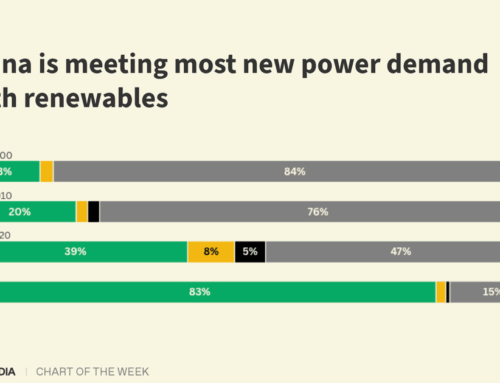Ethereum’s PeerDAS: A New Era in Scalability and Decentralization
September 26, 2025
Ethereum is reshaping its approach to scalability and decentralization with the introduction of PeerDAS. This groundbreaking technology allows nodes to verify data without storing the entire blockchain, which significantly increases transaction capacity while maintaining the integrity of the network. Let’s delve into how PeerDAS is changing Ethereum’s infrastructure, the risks it may introduce, and what it means for the future of decentralized finance and global digital banking.
What is PeerDAS and Why It Matters
PeerDAS, short for Peer Data Availability Sampling, has been highlighted by Ethereum co-founder Vitalik Buterin as a key component of the Fusaka upgrade coming on December 3, 2025. This tech enables nodes to confirm the existence of a data block without needing to download it in full. Instead, they rely on samples that can be recomposed using erasure coding. This method has already been utilized in cybersecurity, where it breaks data into segments, adds redundancy, and allows for reconstruction even if some parts are lost.
How PeerDAS Boosts Scalability for Web3 Banking
By allowing Ethereum nodes to sample small portions of data (blobs) rather than downloading the entire dataset, PeerDAS dramatically enhances scalability. This lessens the computational and storage strain on validators, enabling a target throughput of up to 12,000 transactions per second (TPS) by 2026. For Web3 banking, this could lead to cheaper, faster transactions and improved user experiences across decentralized exchanges (DEXs), lending protocols, and other DeFi services.
Decentralization: A Different Take on Blockchain Payments
Historically, decentralization in blockchain has meant that every node must process and store all transaction data to ensure security and trust. PeerDAS turns this expectation on its head by allowing nodes to probabilistically verify data availability. This approach lowers the barrier to entry for nodes, fostering a broader and more diverse participant base, which ultimately reinforces the network’s decentralization. By tackling data availability issues, PeerDAS allows Ethereum to significantly increase throughput while preserving permissionless participation and resistance to censorship.
Possible Centralization Risks in Crypto Payroll Systems
Despite its advantages, PeerDAS may also introduce risks of centralization. The higher resource demands on validators might lead to pressures where only the most well-resourced validators remain active. This could favor large, well-funded nodes at the expense of decentralization. Early testnet trials of PeerDAS have also shown risks like network fragmentation and adversarial data unavailability, where malicious entities might try to disrupt data availability or verification processes. Such challenges underline the need for continuous research into penalty mechanisms and bandwidth optimizations.
Future Impact on Ethereum and Rise of Crypto Banking for Startups
The scalability gains from PeerDAS can help fintech startups in Asia and elsewhere adapt their operations. By adopting Layer 2 solutions that benefit from PeerDAS’s enhanced data availability and throughput, startups can lower infrastructure costs and explore more complex applications, such as asset tokenization and AI-integrated decentralized apps. This positions Ethereum as a vital player in global digital finance, meeting the rising demand for crypto payroll systems and crypto-friendly payroll platforms.
Summary: The Path Forward for Ethereum and Digital Banking Startups
In essence, PeerDAS represents not just a technical advancement, but a strategic response to the challenges of scalability and neutrality that Ethereum faces. By investing in an innovation that is cautiously deployed but considered for the long run, Buterin aims to gradually transform the network. If Fusaka meets expectations, Ethereum could reach a pivotal moment, confirming its ambition to be the backbone of global digital finance. As the landscape of blockchain payments evolves, the implications of PeerDAS will leave a lasting mark on the industry, ushering in a new chapter for crypto banking and decentralized finance.
Search
RECENT PRESS RELEASES
Related Post




